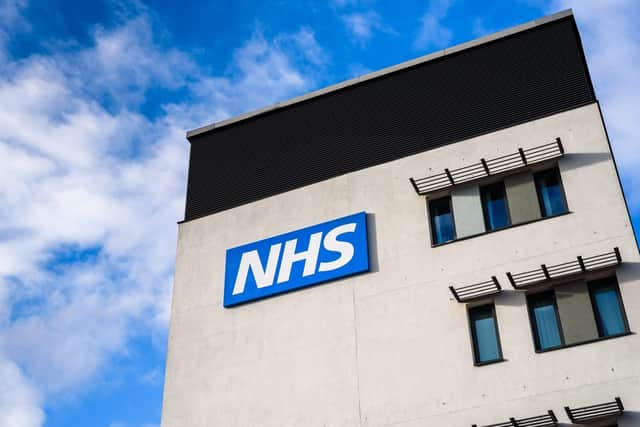37 NHS GP practices have been sold to a private US health company - here's what it means


An American health insurance company has taken over 37 GP practices in London, sparking fears the NHS is being sold by stealth.
Private Eye magazine reported this week that Operose Health, the UK subsidiary of US health insurance giant Centene Corporation, took over the 37 GP practices this week, adding to the 22 primary care services the company already runs in the UK. The firm now has full control of the NHS-funded contracts to run the London surgeries.
Advertisement
Hide AdAdvertisement
Hide AdBoris Johnson denied US firms would take on NHS contracts
During the 2019 election campaign, former Labour leader Jeremy Corbyn claimed in a debate that he had seen internal documents showing Boris Johnson had signalled willingness to allow US healthcare companies greater access to the NHS.
Johnson repeatedly denied that the NHS would be "on the table" in any deals between the UK and the US, however.
GP practices have traditionally been owned privately by GPs themselves.
Many political leaders and members of the public have expressed concern that sales to private companies will lead to poorer service while opening the door to further privatisation of public NHS services - something Conservative leaders have previously ruled out.
Advertisement
Hide AdAdvertisement
Hide AdProfit-driven services could also disadvantage local people, with GPs paid by local CCGs for the number of patients they have registered with the practice.
Under a profit-driven model, GPs may thus seek younger and fitter patients who won't need to use their services as often in order to make more money. This could, in turn, disadvantage older patients living in the area.
'Failed' Test and Trace system was outsourced
The Government has already faced criticisms throughout the pandemic for outsourcing services to private companies, including the Covid-19 Test and Trace system.
The Serco-run Test and Trace system, for example, has faced wide criticisms for its inefficiency and failure to contact a sufficient number of coronavirus contacts.
Costing £37 billion of public money, recent polling discovered 60 per cent of the UK public believe the system to have been a failure.